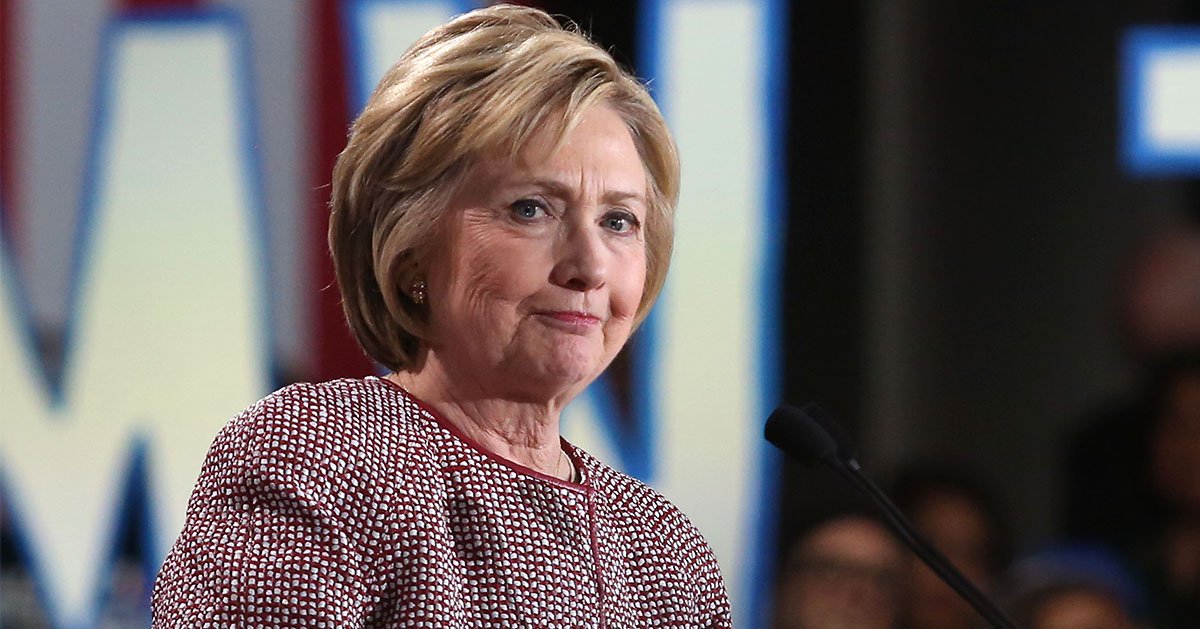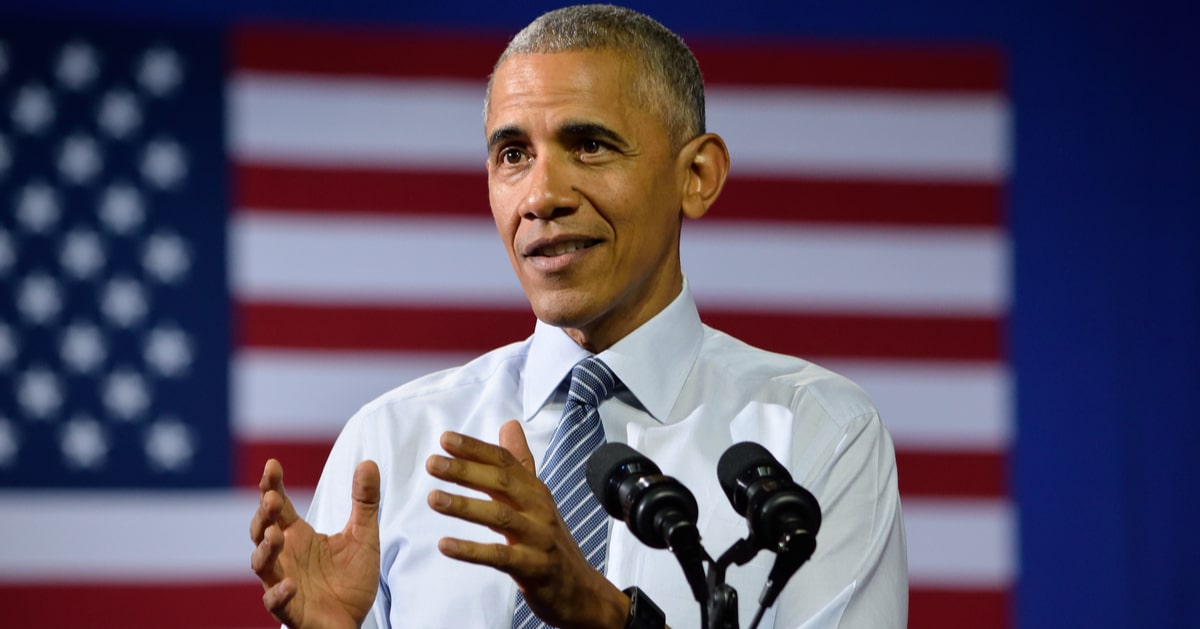








President Donald Trump has ordered the release of FBI documents relating to the investigation of his 2016 campaign's connections to Russia. This decision seeks to ensure transparency and public understanding of the investigation which has long been a point of contention.
Newsmax reported that on Tuesday, Trump signed an executive order mandating the disclosure of information from the Crossfire Hurricane investigation.
This investigation was launched by the FBI in July 2016 to examine whether members of Trump's campaign were in communication with Russian officials. The initiative later resulted in the appointment of Robert Mueller as a special counsel to further investigate these matters.
Mueller's findings, as reported by The Hill, indicated no conclusive evidence that Trump or his team conspired to sway the 2016 election.
However, the report left unresolved the question of whether Trump obstructed justice, leaving room for debate and interpretation. Trump has criticized the investigation, labeling it a political weapon used against him and his supporters.
The recent executive order directs the declassification of all FBI files connected to the Crossfire Hurricane inquiry, aiming to provide the public with full disclosure. Will Scharf, the White House staff secretary, stated the goal is to offer the American public a thorough understanding of these documents.
Scharf emphasized the need for transparency, remarking, "It's long past time for the American people to have a complete understanding of what exactly is in those files."
The investigation's origins are rooted in early concerns about potential foreign influence over U.S. elections. The FBI's early probe sought to determine the true extent of any collaboration between the Trump campaign and Russian officials.
As it unfolded, the investigation's significance grew, culminating in the stewarding of special counsel Robert Mueller.
Mueller's final report did not establish that Trump's team conspired with Russia, yet it sparked debate by not reaching a decisive conclusion on obstruction of justice.
This dual finding has continued to fuel discussions, with various interpretations emerging across the political spectrum. Trump's order to declassify related documents seems designed to address these lingering uncertainties.
Throughout the years, Trump and his allies have been vocal critics of the FBI's inquiry, asserting it was driven by political motives rather than genuine legal concerns.
Trump's recent comments reinforce this narrative, expressing his view that the investigation was a misuse of power. "This was total weaponization. It’s a disgrace," stated Trump, vocalizing his long-standing grievances while suggesting the public disclosure will enable Americans to form their own conclusions.
The executive order provides a new vista for those interested in the granular details of the FBI's investigation. By declassifying these files, Trump sets the stage for increased public scrutiny and discussion. This move is consistent with his insistence on transparency and his assertion that the investigation lacked grounding.
The broader implications of this declassification could reshape public understanding of the 2016 election investigation.
Political figures, legal analysts, and the general public will soon have access to a treasure trove of documents previously shrouded in secrecy. Such transparency has the potential to either validate longstanding suspicions or undermine them, depending on one's perspective.
As the public anticipates the release of these documents, the political arena prepares for a renewed examination of past events. The distribution of these materials will likely intensify conversations around the events leading up to and during the 2016 election.



